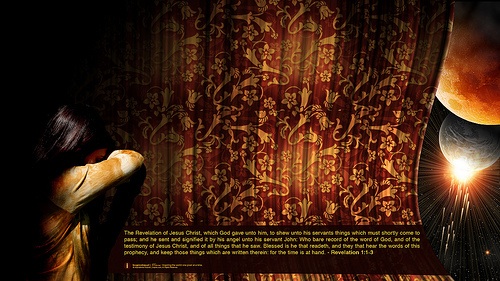…Married Life-why i write… | “Antonya Nelson, Escapism, and The New Frontier…”
During a recent interview for The Writer Magazine, short story writer, Antonya Nelson, also dubbed, “…master of domestic drama…” received the received the statement, “…your work focuses on family-centered problems. Sue Miller has said men used to light out for the territories, but that ‘home’ is the new frontier.”
To the interviewer, Sarah Anne Johnson’s question, “Do you agree?” Nelson responded, “I write about families because that’s what I know. I’m very glad other writers are writing about other things and places, adventures abroad, wars and plagues and science and zombies. But what I know intimately, what I can report on honestly, what I think about endlessly, is the relations among people who are attached to one another helplessly by faithfulness and need, as well as wrestling a contrary urge to be individuals. Family dramas are always positing the self vs. community, private vs. the public, and most importantly, the head vs. the heart.”
–A Gift for the Short Form, by Sarah Anne Johnson, The Writer Magazine, September 2010
Reading this I knew immediately that Antonya Nelson was someone whose work I needed to start reading, not simply and so much from my perspective as a writer, but as a person who loves reading about families working it out, trying to work it out, sometimes, and oftentimes failing to work it out.
I am also a writer, who as a wife of 28 years and mother of 3, ages 11, 18, and 23, continually ponders and explores the nature of the marriage relationship, connections that spin and sprout from this union and how ripples in this union spread to those interactions of family members surrounding them.
…Married Life-why i write… | “Antonya Nelson, Escapism, and The New Frontier…” Read More »

